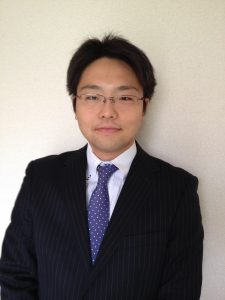About the Speaker:
Abstract:
Japanese party politics has changed significantly after the electoral system reform in 1994. The long lasting Liberal Democratic Party’s single party dominance was collapsed, and the Democratic Party of Japan emerged as an opposition party and finally took over the government from the LDP in 2009. However, the DPJ struggled to integrate its party and finally divided before the next general election. The successor parties of the DPJ are still fragmented and no new challenger party to the LDP emerged at present. This talk attempts to explain the reason why Japanese opposition parties are fragmented by focusing on the differences between national and local electoral systems. Each electoral system has a strong influence on the goal of each politician and discrepancy of the goals prevent political parties from developing stable organizations. First, Single Non-Transferable Voting system is still in use for the upper house and local assembly elections and the system promoting the personal vote to each candidate makes opposition parties difficult to be integrated based on a consistent policy platform. Furthermore, local governors and mayors are elected by First Past the Post system and emerging urban political parties established by local leaders undermine support for national opposition parties.
About the Speaker:


Dr. Yosuke Sunahara is professor of public administration at Kobe University and visiting associate professor at Institute of Asian Research of University of British Columbia. He received his PhD from the University of Tokyo in 2009. His research concerns party politics, central-local government relations with a focus on Japan. He has published several books and articles mainly on Japanese party politics at local level. His current research interests include social policy especially housing policy in Japan.
*Lunch is provided.


